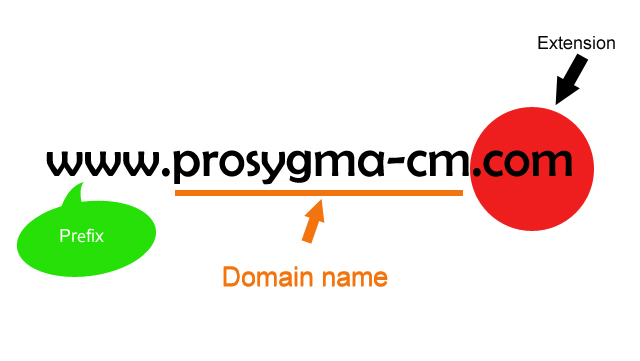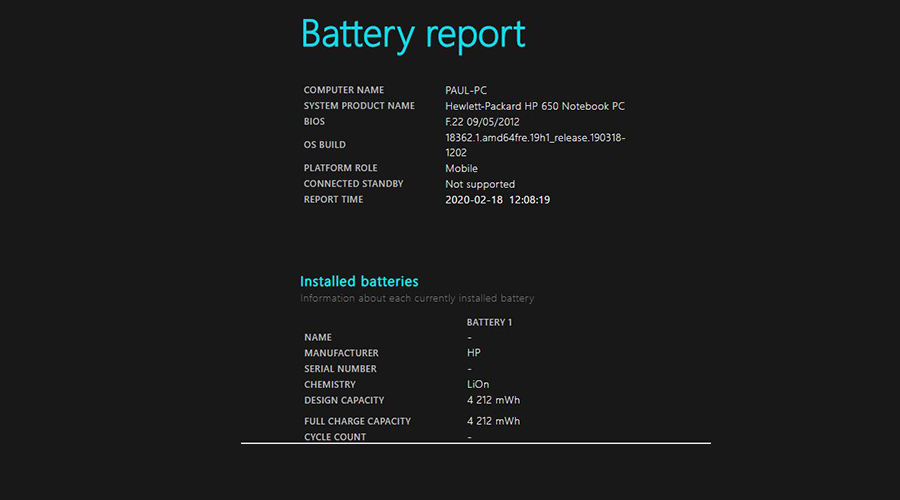
Cameroon / COVID 19: Strengthening the digitalization of foreign trade operations
With a view to reconciling the fight against coronavirus and continuity of service, Cameroon's Guichet unique du commerce extérieur (Guce) reports that it has reinforced digitalisation and teleworking.
In this vein, "It is strongly recommended to limit physical travel to the Guce to favor the use of digital tools in the implementation of dematerialization of procedures," says the Director General (DG) of the Guce, Isidore Biyiha (photo), to users (shippers, freight forwarders, consignees ...).
Through the e-Guce platform, it is possible to carry out dematerialised procedures and to make electronic payments for customs duties and taxes. More specifically, economic operators can use the following dematerialized procedures: import declaration (DI); classification value report; goods fee at the Autonomous Port of Kribi; identification control of imported vehicles; bank domiciliation; cocoa export formalities; pre-clearance export formalities, etc.
"The other value-added services, in this case, assistance services, electronic payment solutions and e-Force [single online form] make it possible to efficiently carry out foreign trade formalities while respecting social distancing measures," says Isidore Biyiha.
The Guce plays a key role in transactions with foreign countries. The implementation of the dematerialization of procedures, aimed at improving Cameroon's foreign trade activities, has enabled private companies to achieve an updated economic gain of nearly CFAF 60 billion over the 2010-2018 period, according to a recent report by the National Institute of Statistics (INS). A disruption in service during this period when the coronavirus is rampant could be detrimental to importers and exporters.
Indeed, still in its report published in 2019, the INS states that thanks to the dematerialization in Guce, the clearance of vehicles that used to take more than 7 days is now done in 48 hours when all conditions are met. The time taken to clear the customs declaration has fallen from an average of 6 days or more to less than 3 hours. The time taken to issue PVI receipts has been reduced from about 72 hours to less than 15 minutes.
The time taken to issue import declarations by the Ministry of Commerce was reduced from an average of about 8 hours to less than 15 minutes, and the time taken to load the manifest (300 pages) was reduced from an average of about 7 days to less than one minute.
Source: investiraucameroun.com







